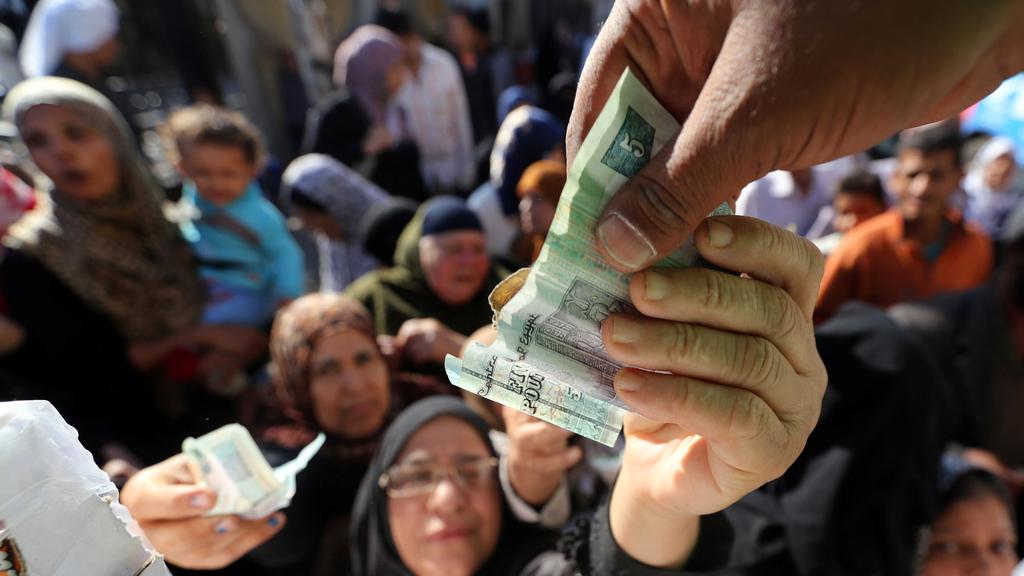The International Monetary Fund announced on Wednesday that its Executive Board has completed the second review of Egypt’s economic reform program, allowing for the release of an additional $US2.03 billion batch of a three-year $US12 billion loan package.
The review brings total disbursements to $US 6.08 billion, the IMF said in a statement.
IMF’s First Deputy Managing Director and Acting Chair David Lipton stressed that the reform program embarked upon by the Egyptian government is showing good results and that the country’s struggling economy is recovering.
“Egypt’s reform program is yielding encouraging results. The economy is showing welcome signs of stabilization, with GDP growth recovering, inflation moderating, fiscal consolidation remaining on track, and international reserves reaching their highest level since 2011,” he said.
Lipton particularly lauded Egypt’s Central Bank for its role in the liberalization of the currency last year and keeping the banking system resilient to potential “moderate shocks.”
“By tightening monetary policy early in the year, the Central Bank of Egypt (CBE) has managed to reverse high inflation, which was the main risk to macroeconomic stability.”
He added that the “continuation of this disinflationary trend could open the door to a gradual easing of interest rates, but the CBE should remain vigilant and be prepared to tighten the monetary stance if demand pressures reemerge.”
He further stressed that continued slashing of energy subsidies is “critical” for achieving the set out economic goals. In the coming period, the government also needs to reform its tax policy, he went on to add.
In exchange for issuing the $12bn loan program, Egypt devalued its currency in November last year and cut down on state subsidies. Following the currency devaluation, the value of the Egyptian pound halved against the greenback and inflation skyrocketed, reaching record levels of over 30 percent.
Prior to the flotation measure, which was a key demand from the IMF, there had been a wide gap between the value of US dollars in banks and in the parallel market. Following the flotation, the lender agreed to loan Egypt $US 12 billion in an attempt to restore its economy.
While the IMF and international financial institutions have praised Egypt’s reform efforts, the situation for ordinary Egyptians has worsened. With prices on basic goods such as sugar, bread and oil left soaring while income levels have fallen behind, the middle and working classes have as of yet largely not benefited from the authorities’ measures






Comments (0)